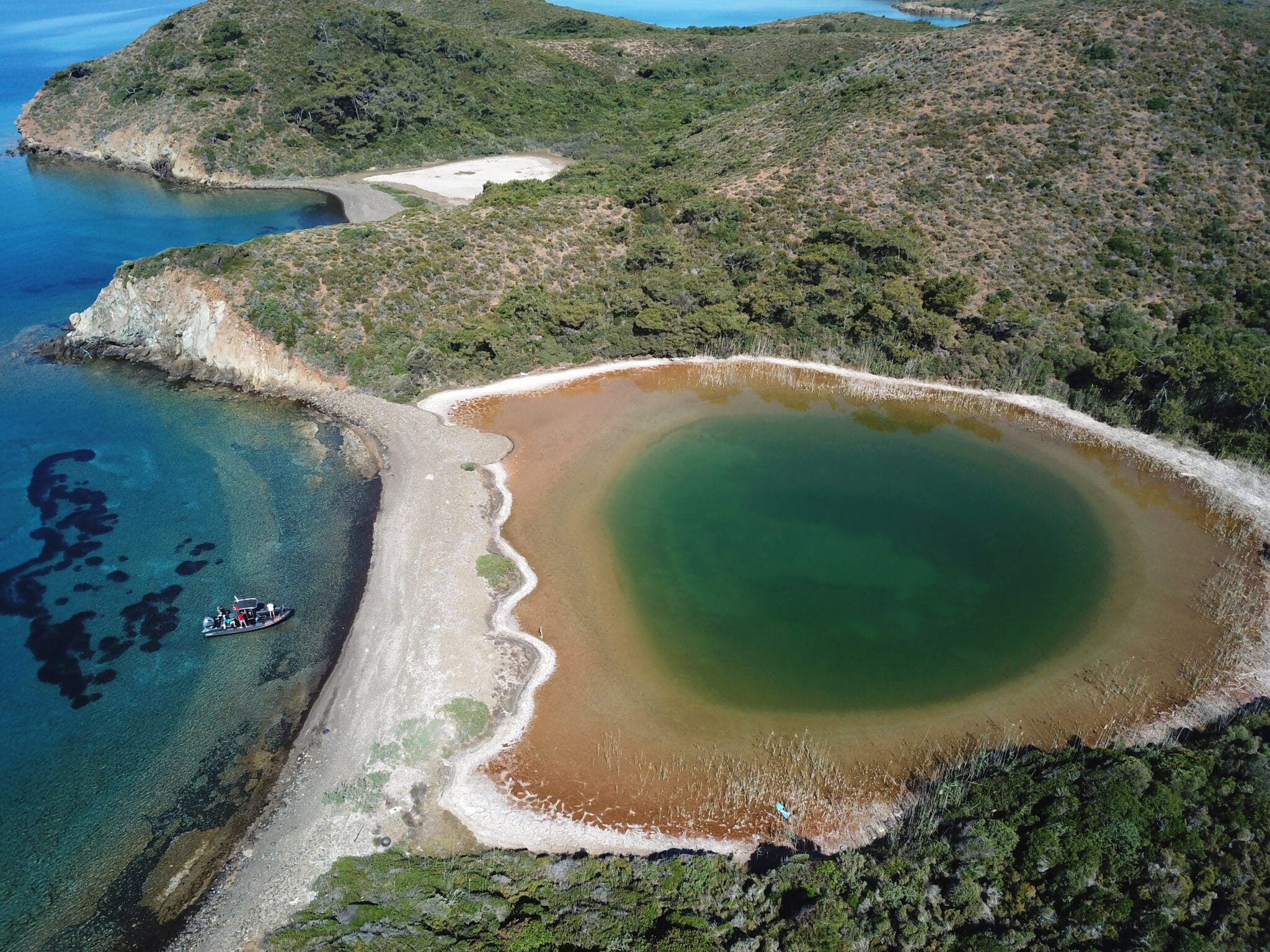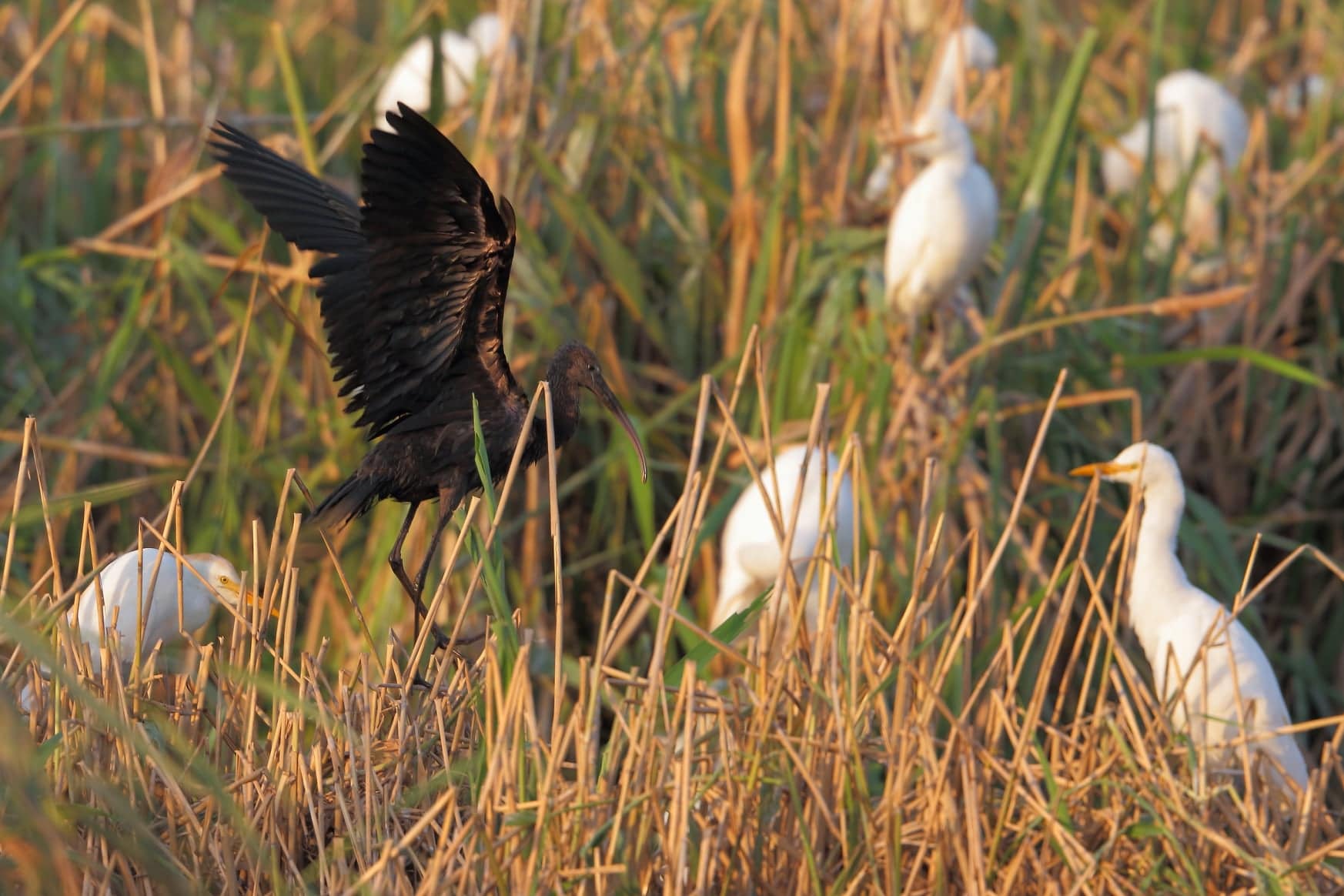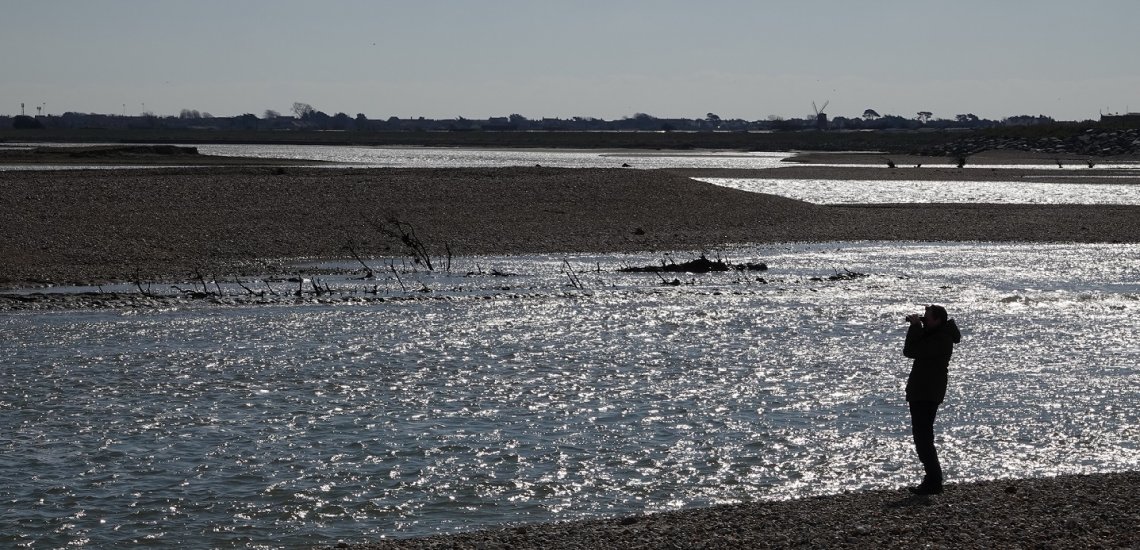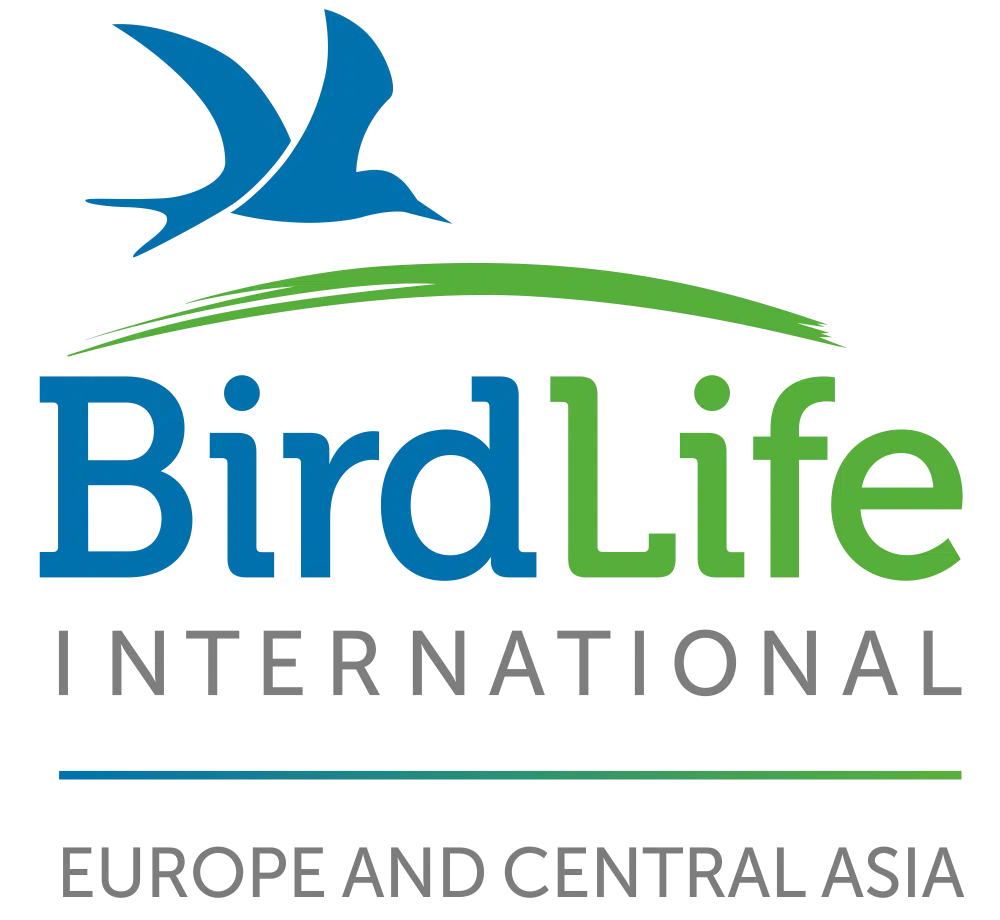The Rewards of Nature Restoration

What is nature restoration? It is the process of assisting the recovery of an ecosystem that has suffered degradation. It means bringing nature back for people and for wildlife. It’s the opposite of destruction: it’s healing and repair. Restoration can take many forms, from removing dams or invasive species, to reintroducing native vegetation. Restoration is on the political agendas of both Europe and the world.
By Jeremy Herry
Since 1990, our planet has lost over 80 million hectares of old-growth forest. 64% of the world’s wetlands have disappeared since 1900. And one million species are currently threatened with extinction. In Europe, nature is in serious, continuing decline. As much as 81% of the European Union’s habitats are in poor or bad condition. For too long, much of humankind has had an unsustainable relationship with nature. Destructive activities such as intensive farming, fishing and forestry has led to its degradation. The consequences are both severe and wide-ranging. The extreme degradation of nature is driving extinctions, exacerbating the climate crisis, causing floods and droughts, eroding coastlines, damaging the economy, harming people’s well-being and enabling the emergence of zoonotic diseases. And yet, there’s reason for hope. Solutions exist. One of them is called nature restoration.
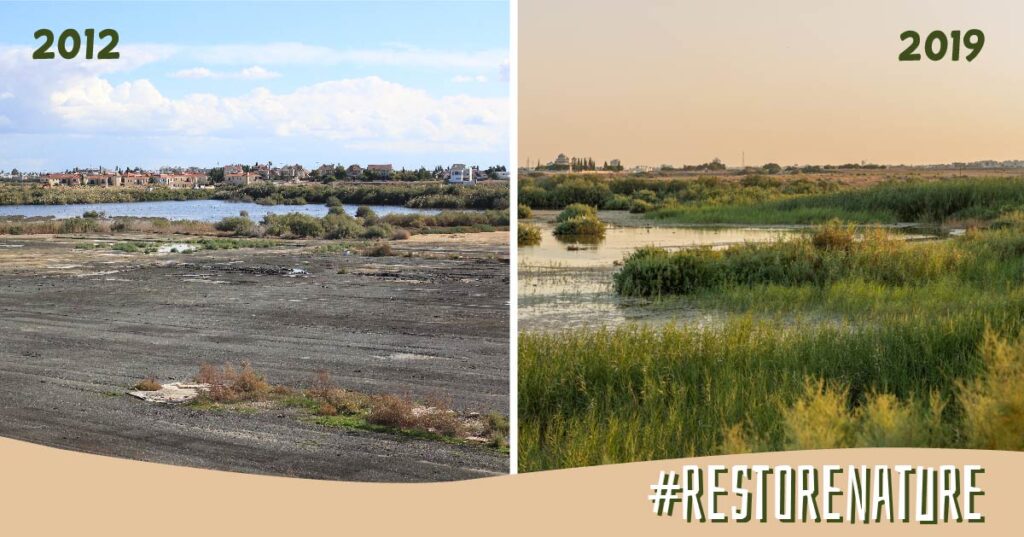
What is nature restoration? It is the process of assisting the recovery of an ecosystem that has suffered degradation. It means bringing nature back for people and for wildlife. It’s the opposite of destruction: it’s healing and repair. Restoration can take many forms, from removing dams or invasive species, to reintroducing native vegetation. Restoration is on the political agendas of both Europe and the world.
We are currently at the very beginning of the UN Decade on Ecosystem Restoration (2021-2030), which will be officially launching on World Environment Day in June. Moreover, the European Union has committed to develop a proposal for legally binding restoration targets this year; and one of President von der Leyen’s top priorities is the European Green Deal, which aims to make the EU carbon-neutral by 2050.
Over the course of the next few months, we are going to take a deep dive into the many benefits of nature restoration with a written docu-series: the rewards of nature restoration. It will feature fascinating stories of large-scale nature restoration in Europe, and the people behind them. From northern grasslands to southern lakes, this series will not only show that restoring Europe is possible, but that at a large scale it holds enormous potential to meet some of the most pressing challenges of our time.
The wonderful thing about nature restoration is that it provides a vast array of benefits for people and wildlife: it helps improve the status of endangered species, counter the climate emergency, prevent floods, and bring wider economic advantages.
Small changes have small impacts. Given the vastness of the biodiversity and climate crises, we need to go big. The science is clear: we need wide-reaching nature restoration now. Nature may be vulnerable, but it’s incredibly powerful, too.
Watch this space – we look forward to sharing our stories with you soon.
Episode 1 – Bringing nature back to the Berlengas archipelago
Episode 2 – How restoring peatlands can help us beat climate change
Episode 3 – How restoring nature keeps the floods at bay
Episode 4 – Restoring nature puts food on the table
Episode 5 – Restoring nature, restoring joy
This article is part of a series called The Rewards of Nature Restoration, a joint project run by BirdLife Europe & Central Asia, UNEP-WCMC, and supported by the Endangered Landscapes Programme with funding from Arcadia, a charitable fund of Lisbet Rausing and Peter Baldwin.

Image credits: Oroklini lake at sunset ©Ben Porter
You might also be interested in:
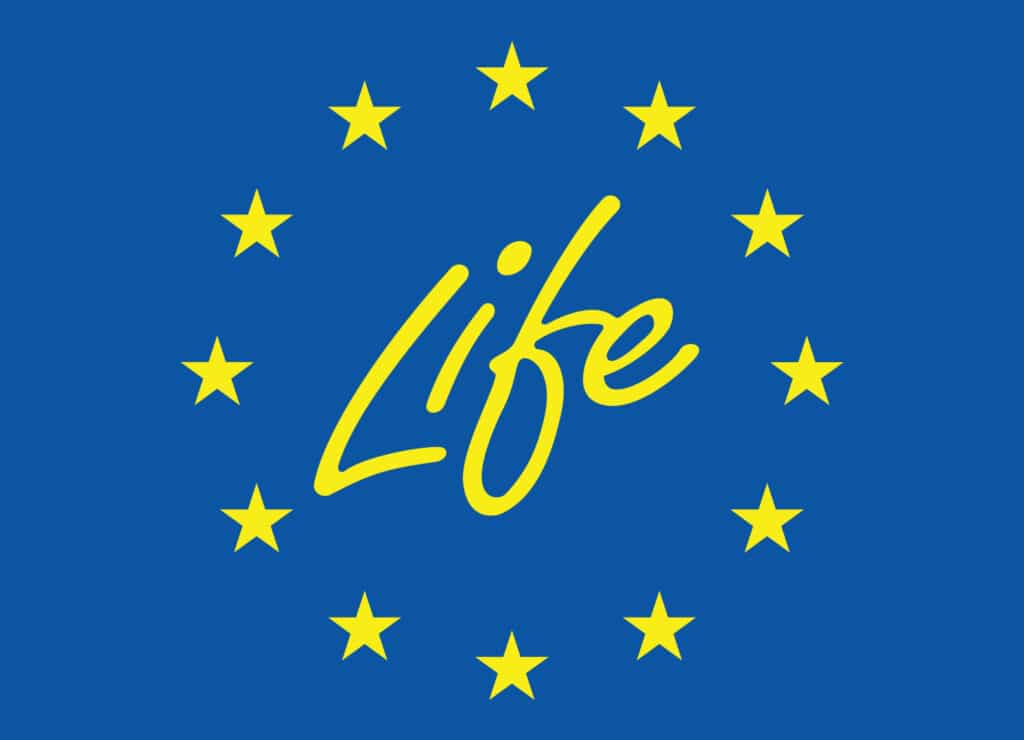 | Stichting BirdLife Europe gratefully acknowledges financial support from the European Commission. All content and opinions expressed on these pages are solely those of Stichting BirdLife Europe. The European Commission is not responsible for any use that may be made of the information it contains. |
